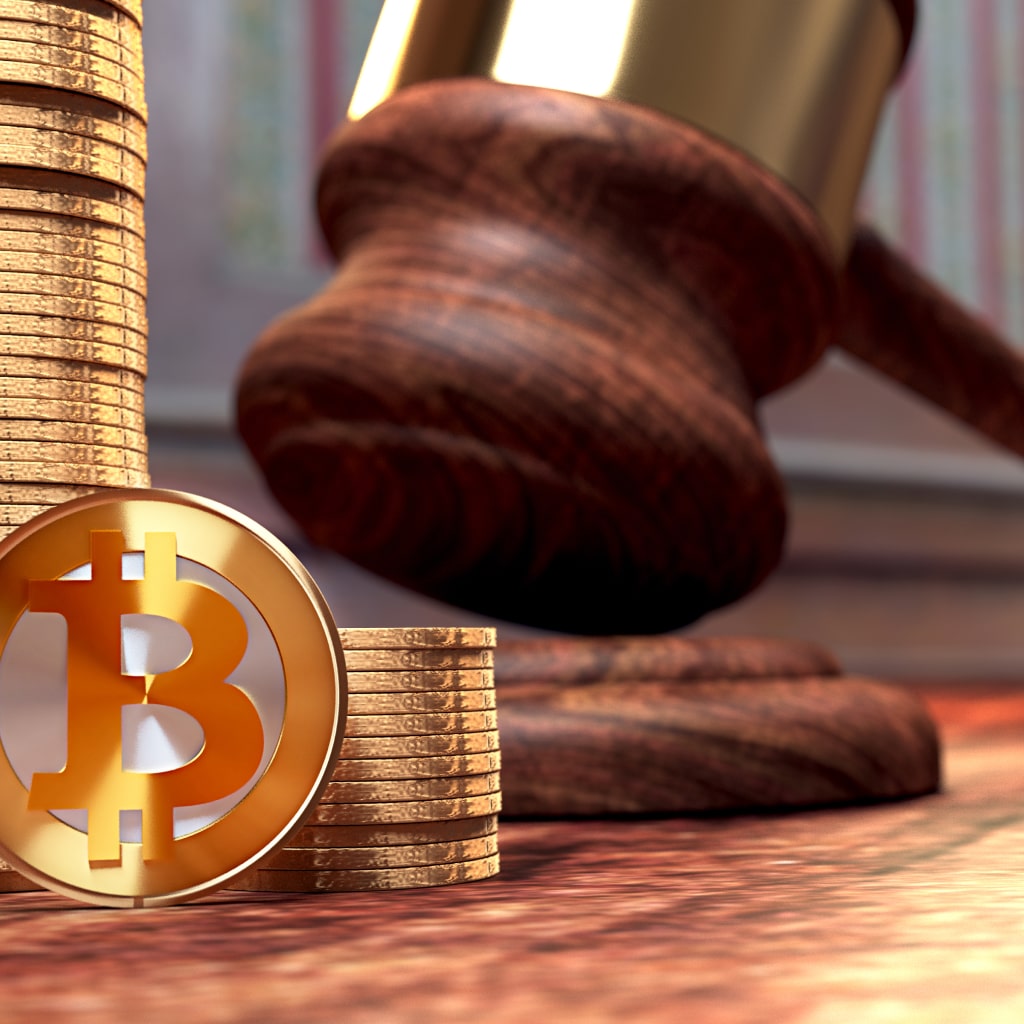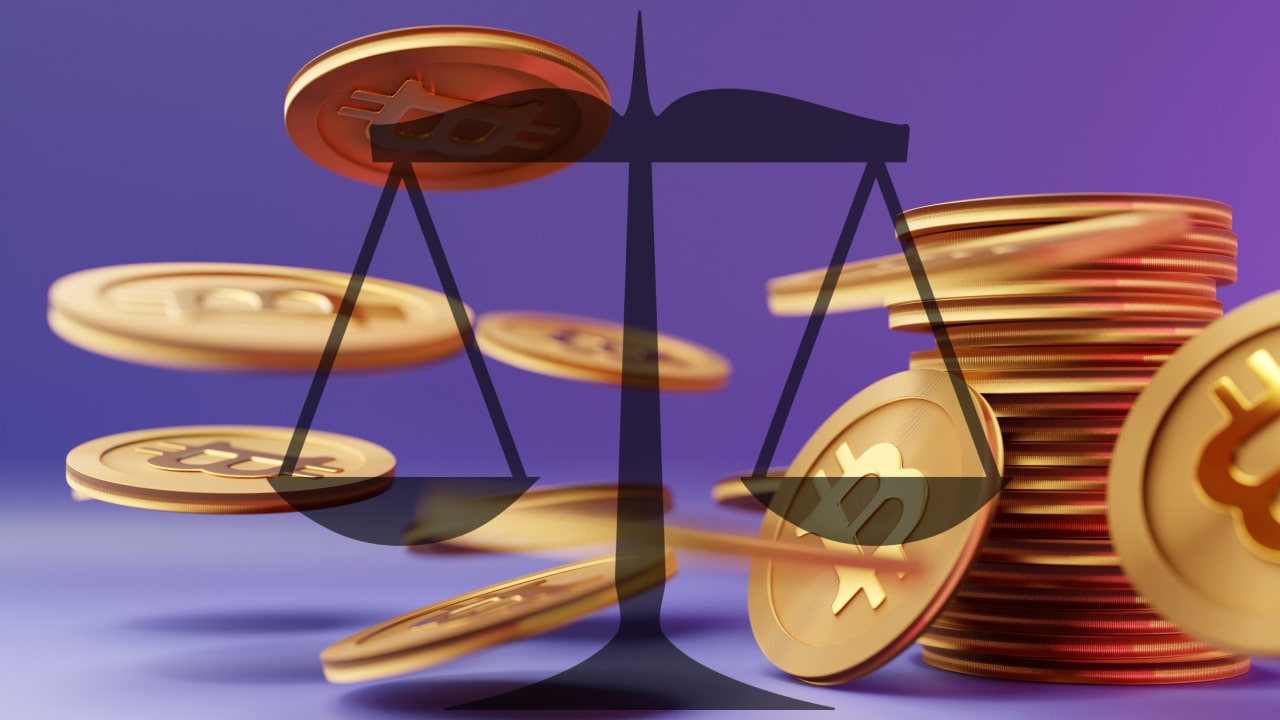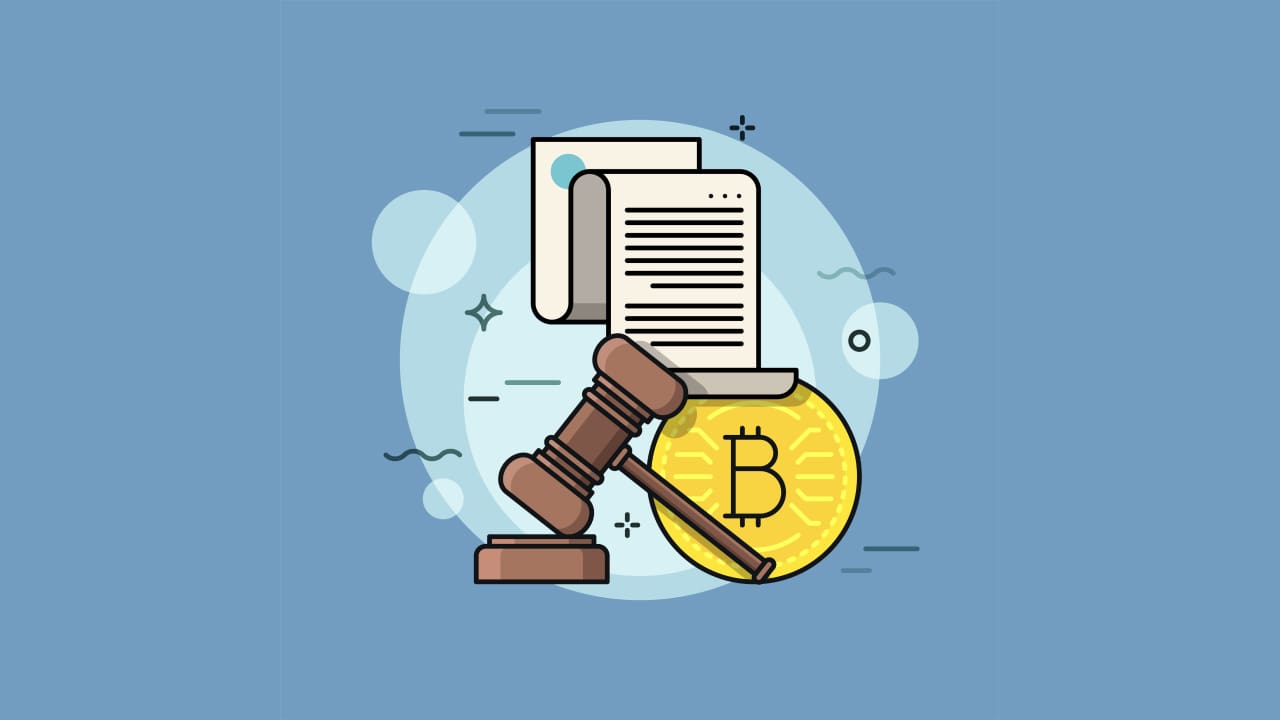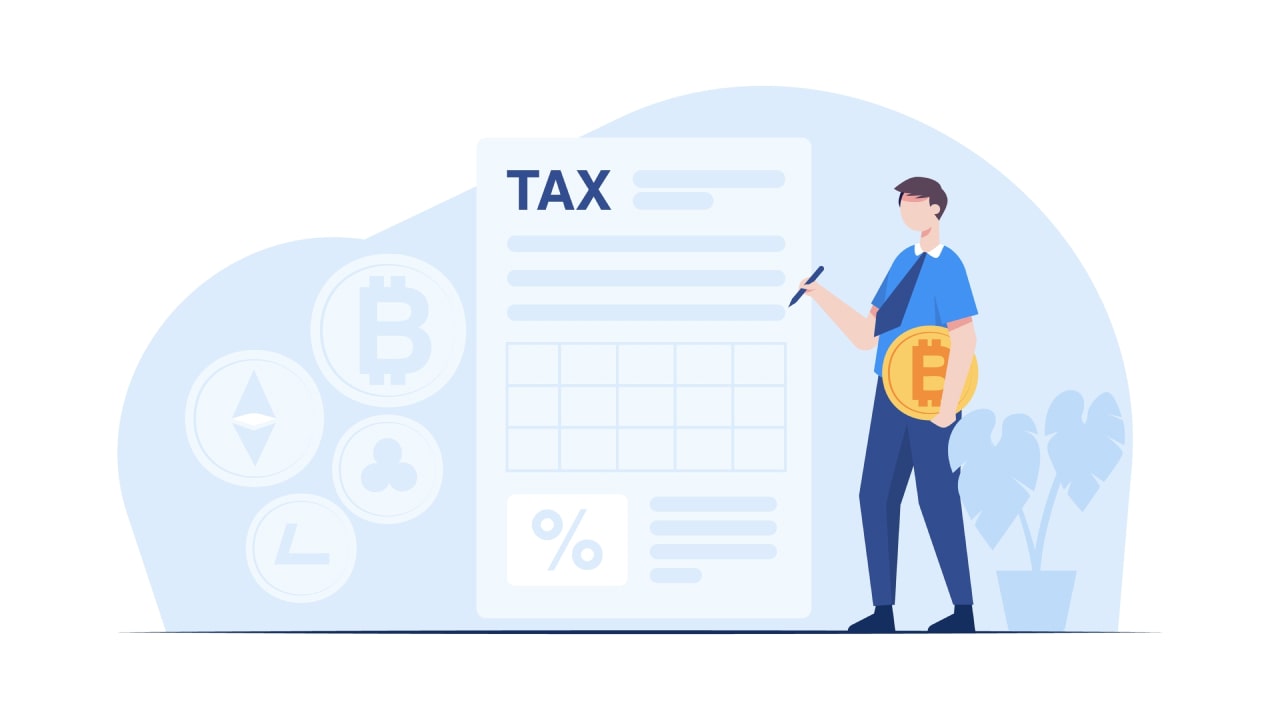
Guide to Best Crypto Casino Apps
Within the dynamic world of online gaming, crypto casino apps have become a favoured option…

Bitcoin’s legality is a complex topic that varies by country. While some nations fully embrace it as legal tender, others impose restrictions or outright bans. Understanding Bitcoin legal status requires delving into financial regulations, tax laws, and government policies. In jurisdictions where Bitcoin gambling is legal, it’s often subject to specific regulations, such as anti-money laundering measures and taxation. Overall, the question “is Bitcoin legal?” remains pivotal in the global conversation about cryptocurrency acceptance and regulation.
On the other hand, countries may prohibit or restrict Bitcoin gambling due to concerns about its use in illicit activities or its potential impact on traditional financial systems. This blog will explore Bitcoin’s legal landscape, highlighting key factors that determine the legality and offering insights into the evolving regulatory environment surrounding cryptocurrencies worldwide.
Bitcoin’s legal standing varies globally. In some countries, it’s recognized as a legal form of payment and investment, subject to regulatory oversight. In the UK, Bitcoin is not considered legal tender, meaning it’s not recognized as an official form of currency. However, it is legal to buy, sell, and hold Bitcoin as an asset or investment. The Financial Conduct Authority (FCA) regulates cryptocurrency businesses to prevent money laundering and ensure consumer protection. Additionally, HM Revenue and Customs (HMRC) provides guidelines on taxation for individuals and businesses dealing with cryptocurrencies.
Also, other nations view it with scepticism or impose restrictions due to concerns about financial stability, money laundering, and tax evasion. The lack of a centralized authority overseeing Bitcoin gambling complicates its legal status, leading to debates among policymakers, regulators, and the cryptocurrency community.
Despite these challenges, Bitcoin’s growing adoption and integration into mainstream finance have spurred efforts to establish clearer legal frameworks to govern its use, highlighting the ongoing evolution of cryptocurrency regulation worldwide.
While Bitcoin gambling transactions are lawful, regulatory clarity and oversight continue to evolve as authorities assess the implications of countries with digital currency on financial stability and market integrity. The question is Bitcoin legal continues to drive discussions on its acceptance and regulation globally.

Is Bitcoin legal? This is the question everyone asks this is because the legal position of cryptocurrencies is crucial for several reasons. Firstly, it determines their status as a legitimate asset or form of payment, impacting their acceptance and use in various sectors. Secondly, legal clarity guides businesses and individuals on compliance with regulations, including taxation and anti-money laundering measures. Moreover, a clear legal framework fosters investor confidence and market stability, driving innovation and growth in the cryptocurrency industry. Additionally, it enables governments to address potential risks associated with cryptocurrencies, such as financial crime and consumer protection, while also leveraging the benefits of blockchain technology for economic development.

Countries with the question “is Bitcoin illegal?” may ban cryptocurrencies due to concerns about economic effects, lack of regulation, policy hurdles, criminal potential, tax avoidance, and market volatility. Regulatory uncertainty and the potential for market manipulation also contribute to these decisions, highlighting the need for balanced approaches to address risks while fostering innovation and protecting consumer interests in the digital asset space.

Is cryptocurrency legal? Bitcoin’s legal status as currency varies globally. In some countries with digital currency, it’s recognized as legal tender, facilitating transactions and investment. However, in many nations, including major economies like the UK, US, and EU member states, Bitcoin gambling is treated as a digital asset or commodity. This distinction affects taxation, regulatory oversight, and consumer protection measures.
While some governments embrace blockchain technology and cryptocurrencies, others remain cautious due to concerns about money laundering, tax evasion, and financial stability. The evolving regulatory landscape underscores the need for clear guidelines to navigate the legal complexities surrounding Bitcoin’s classification and use.
Overall, while Bitcoin’s legality as currency is expanding in certain jurisdictions, the question of “is Bitcoin legal?” remains pivotal in shaping its regulatory framework and acceptance within financial systems worldwide.

In many countries with digital currency, including the UK, owning and trading Bitcoin can have tax implications. For instance, in the UK, profits from Bitcoin gambling trades are subject to capital gains tax (CGT) if they exceed the annual tax-free allowance. Individuals must report gains or losses from Bitcoin gambling transactions on their tax returns.
Additionally, if Bitcoin gambling is received as payment for goods or services, it is considered income and may be subject to income tax or national insurance contributions.
Furthermore, mining Bitcoin is also subject to taxation. Miners are required to report their earnings as taxable income, including any rewards or fees received from mining activities.
Bitcoin gambling holders and traders need to keep accurate records of their transactions and consult with tax professionals to ensure compliance with tax obligations. Failure to do so could result in penalties or legal consequences.

Bitcoin gambling transactions are generally considered safe due to the security features of the underlying blockchain technology in different sectors, including trusted crypto gambling. The blockchain records all transactions in a decentralized and immutable ledger, making it difficult for unauthorized parties to alter or manipulate transaction data. Additionally, cryptographic algorithms ensure transaction privacy and integrity.
However, there are risks associated with Bitcoin gambling transactions, such as:
To enhance safety, users should:
While Bitcoin gambling transactions offer security benefits, users must remain cautious and take necessary precautions to protect their assets.
Countries such as China, Algeria, Afghanistan, Bolivia, Morocco, Bangladesh, Ecuador, Egypt, Nepal, and Pakistan have either banned or restricted the use of Bitcoin and other cryptocurrencies.
Yes, you can legally buy and sell Bitcoin in the UK. The Financial Conduct Authority (FCA) regulates cryptocurrency activities, ensuring compliance with anti-money laundering and counter-terrorism financing regulations.
In the UK, Bitcoin is subject to capital gains tax when sold or used, and income tax may apply to mining activities.
Bitcoin is not legal tender in most countries. It operates as a decentralized digital currency outside traditional financial systems.
The legality of mining Bitcoin in the UK is subject to tax and regulatory considerations, but it’s generally legal and taxable.
Governments regulate Bitcoin through various means, such as taxation, anti-money laundering laws, licensing requirements for exchanges, and monitoring of financial transactions.
Countries such as China, Algeria, Afghanistan, Bolivia, Morocco, Bangladesh, Ecuador, Egypt, Nepal, and Pakistan have either banned or restricted the use of Bitcoin and other cryptocurrencies.
Yes, you can legally buy and sell Bitcoin in the UK. The Financial Conduct Authority (FCA) regulates cryptocurrency activities, ensuring compliance with anti-money laundering and counter-terrorism financing regulations.
In the UK, Bitcoin is subject to capital gains tax when sold or used, and income tax may apply to mining activities.
Bitcoin is not legal tender in most countries. It operates as a decentralized digital currency outside traditional financial systems.
The legality of mining Bitcoin in the UK is subject to tax and regulatory considerations, but it’s generally legal and taxable.
Governments regulate Bitcoin through various means, such as taxation, anti-money laundering laws, licensing requirements for exchanges, and monitoring of financial transactions.